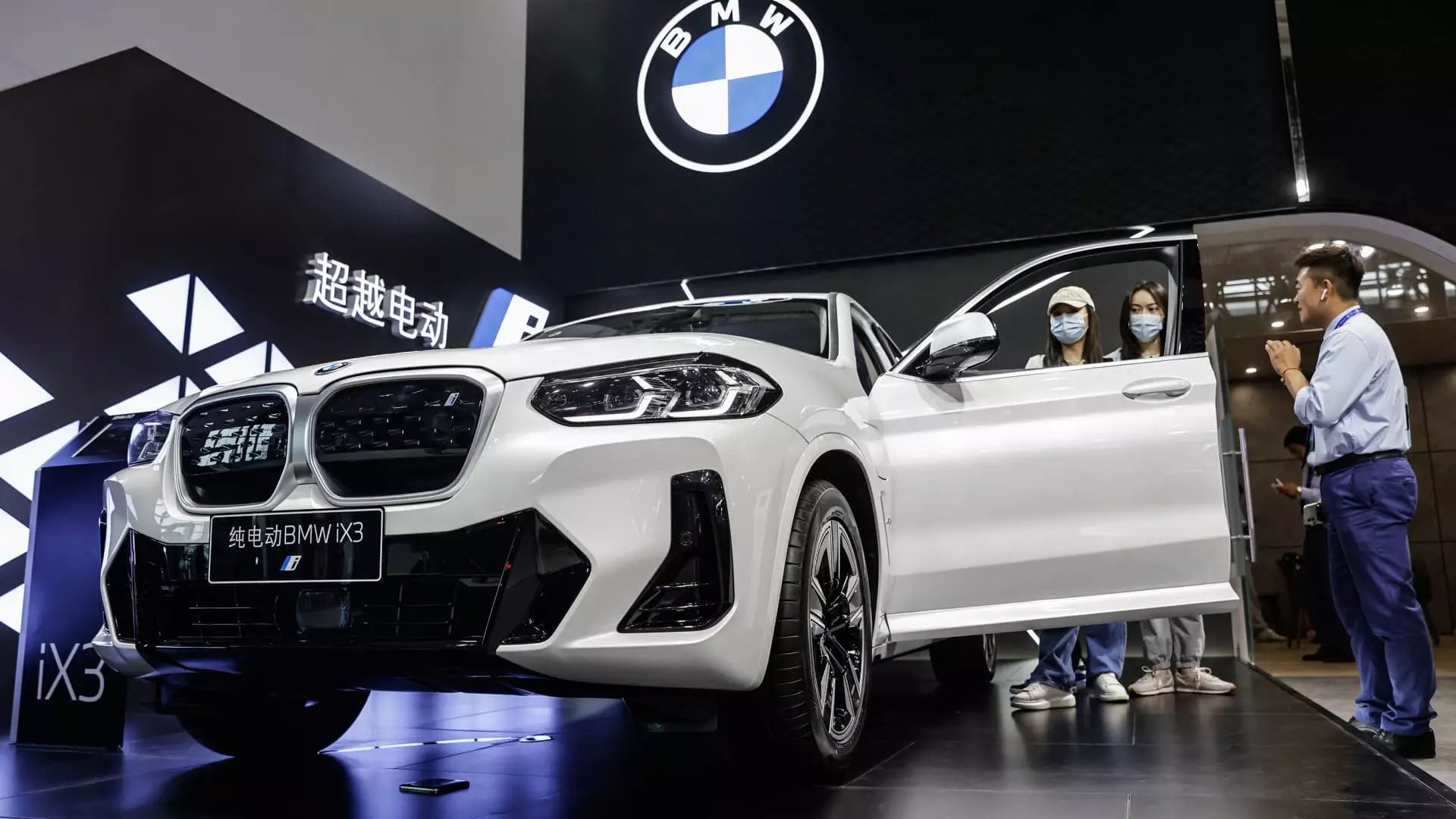In 2024, BMW’s financial health took a significant blow, with net profits plummeting by a staggering 36.9%, resulting in a profit of €7.68 billion ($8.32 billion). The firm attributed this downturn primarily to a persistent weakness in demand within the Chinese market—a critical region for luxury car sales. As other automakers thrive in the recovering post-COVID economy, BMW’s struggle poses serious questions about its competitive positioning and strategies in the global market. It’s alarming to see the carmaker faltering in the world’s largest automotive market, where consumer behavior appears increasingly fickle, accompanying a broader economic slowdown.
Impact of Tariffs on Profit Margins
Looking ahead into 2025, BMW projects a troublesome earnings margin of just 5% to 7% for its automotive division, down from the 6.3% margin achieved in the previous year. This forecast is driven largely by various tariffs, including a 20% levy on imports from China, and an additional 25% on Canadian and Mexican imports. These decisions, originally perceived as protective measures by some, have become an economic albatross to global players like BMW. The recent comments from the company’s CFO signaling a potential one percentage point drop in auto earnings solely from U.S. tariffs illustrate a troubling trend for businesses reliant on expansive and interconnected supply chains.
Macro Challenges and Competitor Dynamics
As BMW grapples with its financial setbacks, a challenging competitive landscape looms larger, compounded by macroeconomic instability and trade tensions. The automotive marketplace is no longer a straightforward arena; it is shaped by geopolitical upheavals and evolving consumer preferences. The decline in delivery numbers, dropping from 2.55 million in 2023 to around 2.45 million in 2024, indicates more than just a temporary disruption caused by a supplier’s issues. It highlights a broader, systemic failure—one where BMW’s capacity to adapt quickly to market exigencies may be in question.
Rethinking Protectionism in a Global Context
Amid these trials, CEO Oliver Zipse articulated a critical perspective on the utility of tariffs, suggesting that their role in modern commerce appears misguided. His assertion that the interconnectedness of today’s markets renders such measures ineffective for enhancing competitiveness carries considerable weight. The historical precedent of tariffs as a tool for economic defense works against the backdrop of a more nuanced and globalized market, where damaging one link in the chain can reverberate throughout the entire system.
Zipse’s wisdom is particularly salient as the world stands at a crossroads—should nations dig in and protect their industries with tariffs, or should they embrace the potential that free trade has to enhance innovation and improvement? The outcome of this dilemma may very well determine whether BMW will rise from its current struggles or falter further in a rapidly changing economic landscape.
The deepening crisis at BMW serves as a cautionary tale about the pitfalls of isolationist economic policies and presents a call to action for corporations and governments alike: to reassess the impact of tariffs and consider the broader implications of their trade strategies.

